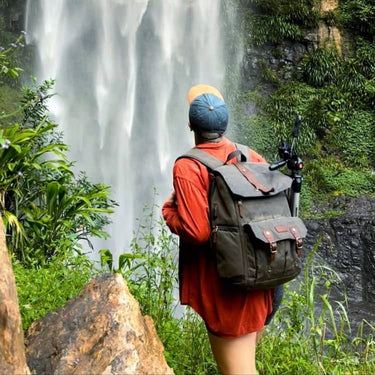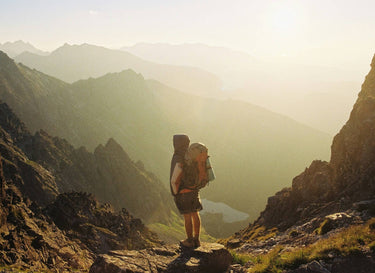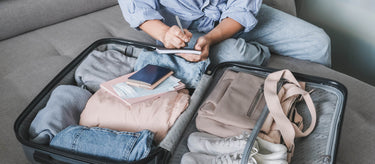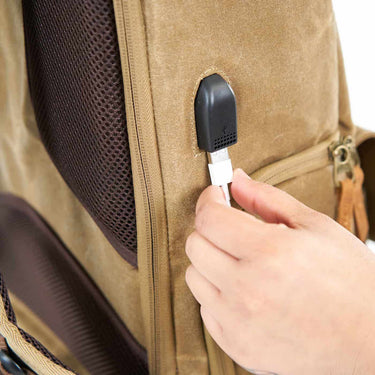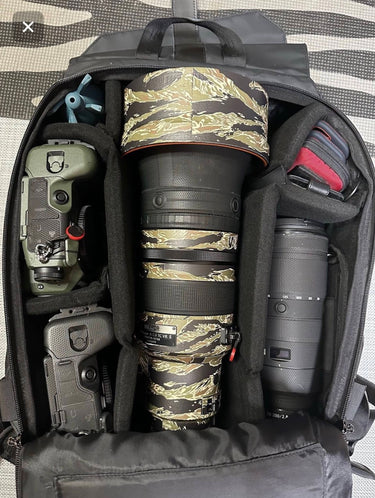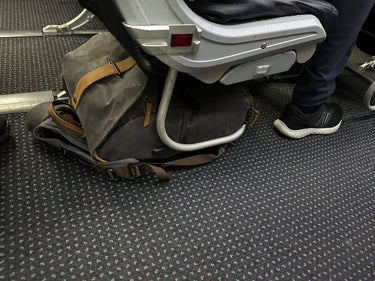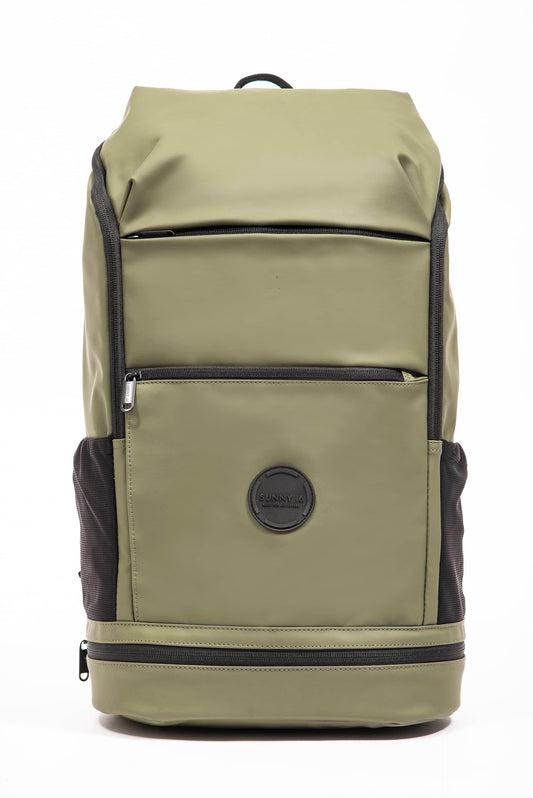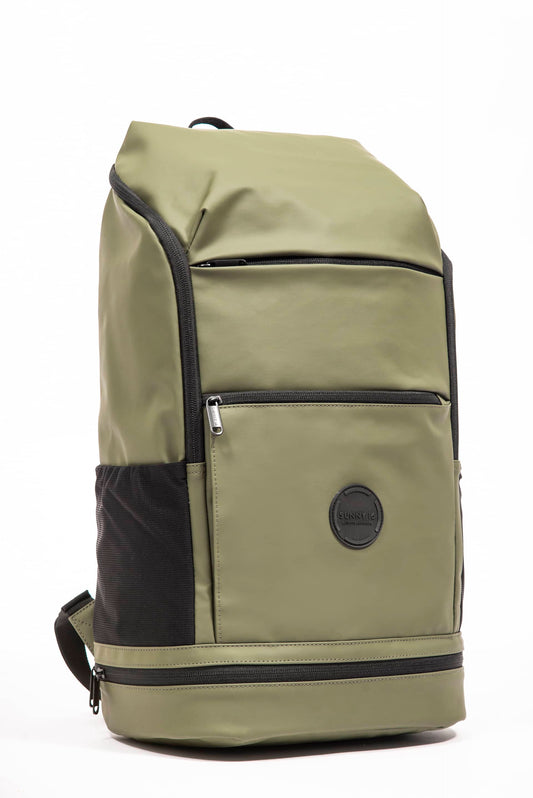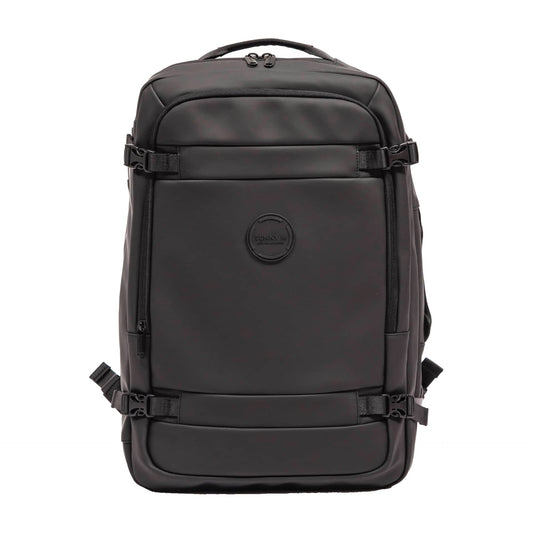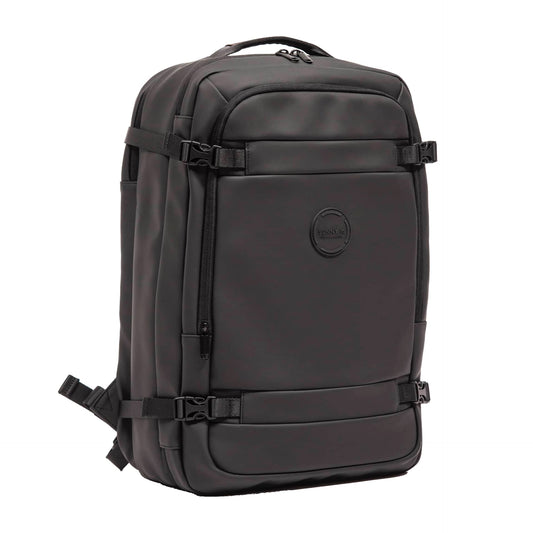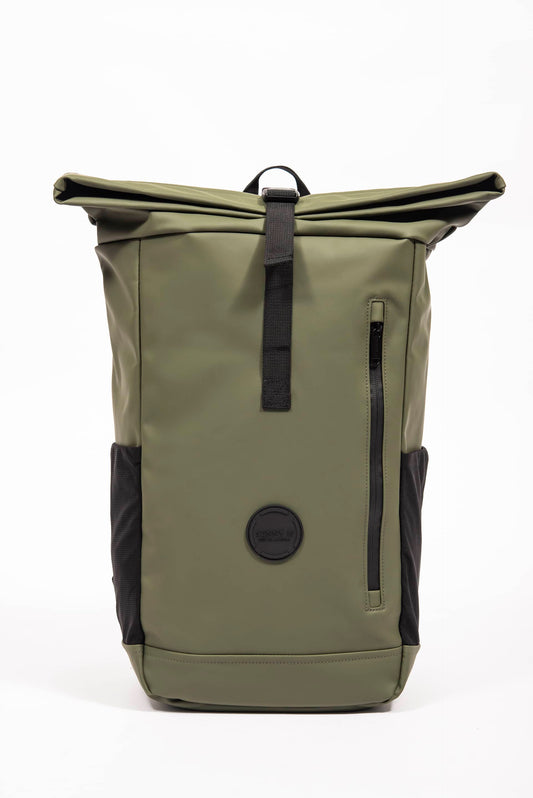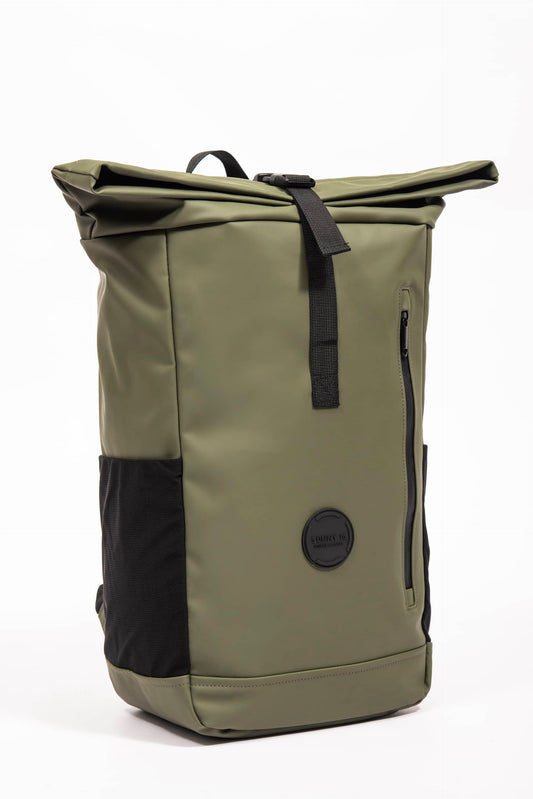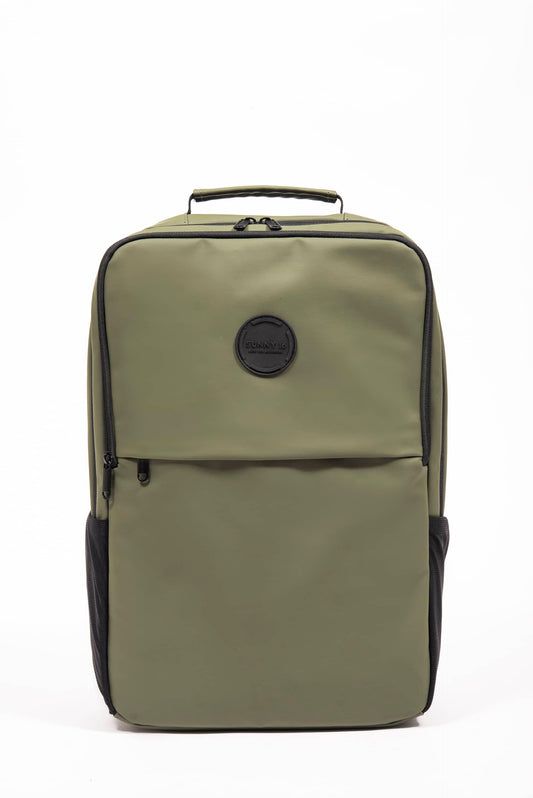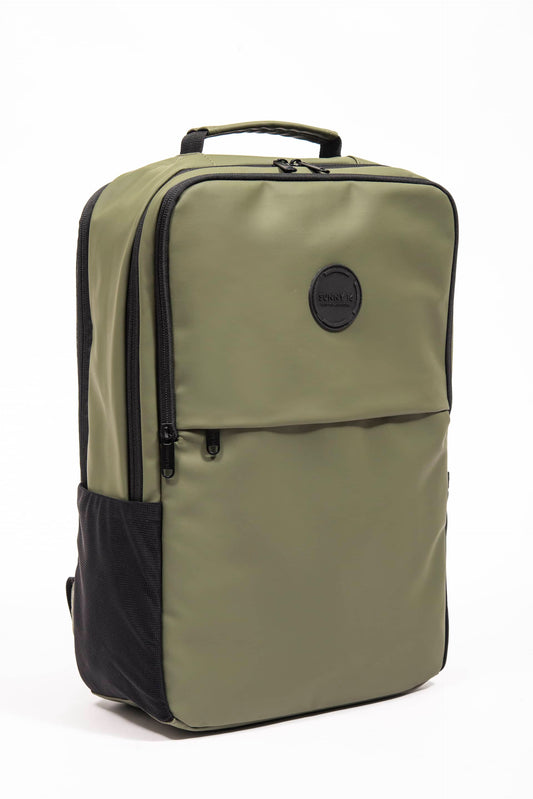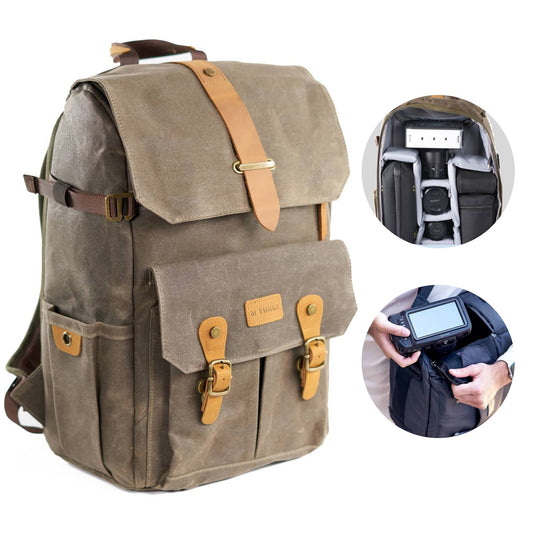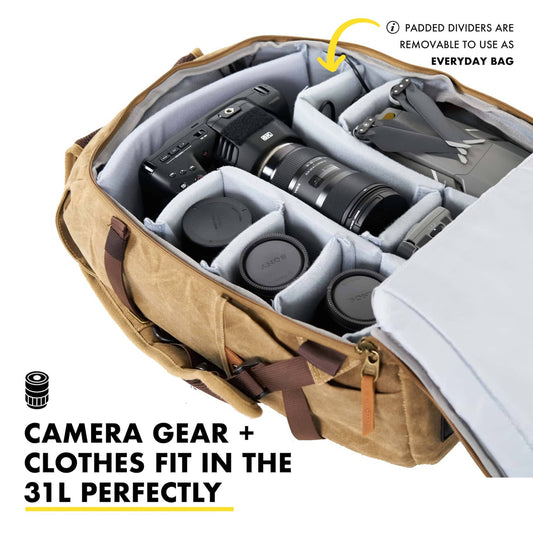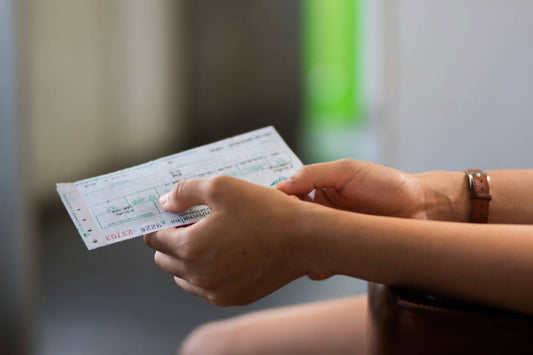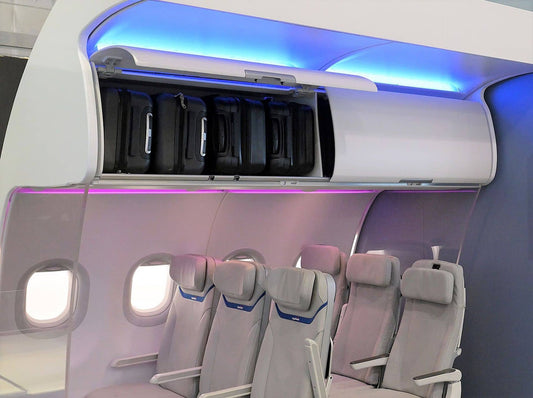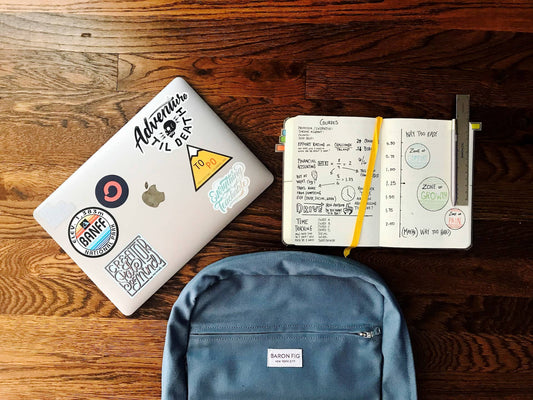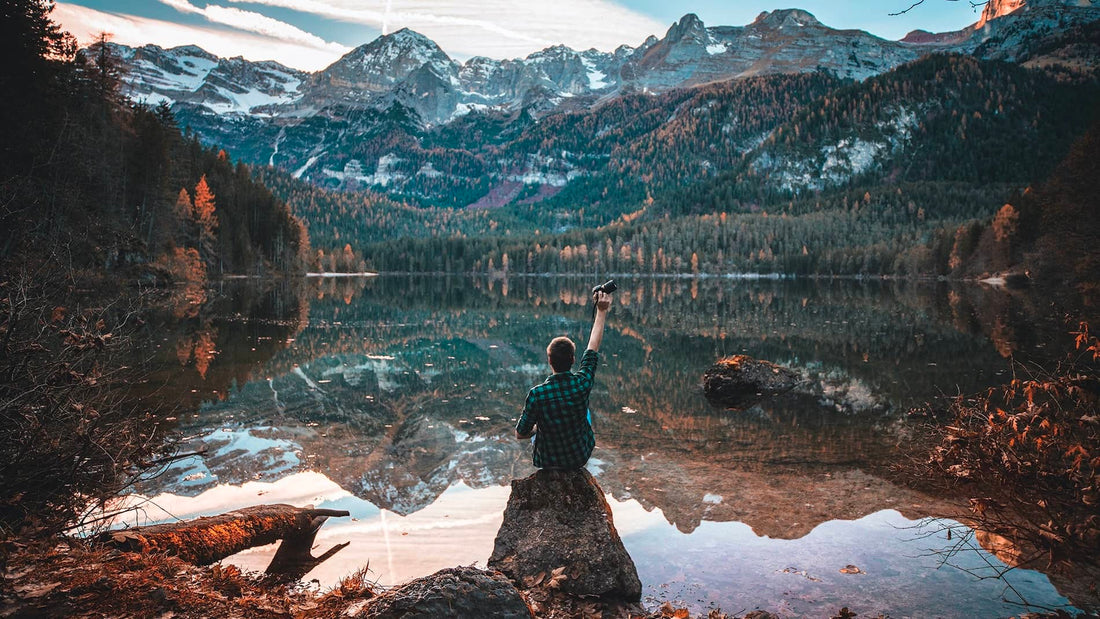
How To Start a Photography Business
Share
Ever wondered how to start a photography business with no experience and turn your passion for photography into a full-fledged career? Though you might have felt discouraged in the past thinking about whether you have what it takes, maybe it's time to pursue it.
After all, you take your camera with you everywhere, especially if it's a point and shoot camera. You probably feel like you have the skills to be a professional photographer.
Why wouldn't you want to create a photography business?
But, when getting started you still have to know your market, hone your skills and plan your business strategy. All of these skills are vital to starting a successful photography business.
Honestly, you might think, How do I start a professional photography business?
Luckily, in this article we'll discuss just that: how to start your own photography business.
How to Start a Photography Business (with no experience)

While starting a photography business can be exciting, there are several pros and cons that come with turning your hobby into a career. After all, knowing how to start your own photography business would be in vain if you didn’t enjoy doing it!
Before you jump in, here are some things to keep in mind:
Pros
- Passion Meets Income. If you love photography, having a photography business is a great way to make money off of a skill you enjoy.
- Flexible Work Schedule. As a business owner, you’ll get to choose when you want to work, and how much you want to work. This flexible scheduling makes it easy to manage a work-life balance.
- Fun for Extroverts. If you like meeting new people, you’re in luck. Owning a photography business will allow you to interact with diverse groups of people.
- Travel and Experiences. Often, owning a photography business allows you to travel to new places and capture beautiful scenes.
- Upwards Mobility. If you’re able to get your foot in the door as a good photographer, you’ll be able to charge more and capture more high profile events.
Cons
- Expensive Startup. Any photographer knows how expensive gear can be. For some, the equipment needed to start their photography business can be a huge roadblock.
- Customer Service. While not all customer experiences are bad, dealing with a perfectionist bridezilla at her wedding photoshoot can be a pain.
- Weekend Work. Events commonly take place on the weekend, meaning you’ll likely spend a lot of time working on the weekends. This can make spending time with your own family difficult.
- Inconsistent Income. While it’s nice to be your own boss, that responsibility also comes with fairly inconsistent income. After all, you can’t rely on a bi-weekly paycheck.
- Loss of Passion. Turning a hobby you're passionate about can be an easy way to kill your passion for that hobby. Photography could become tedious or boring for you over time.
Starting a Photography Business Startup Costs
As mentioned, the cost of your equipment can be a huge barrier for many aspiring photographers.
You might be wondering, how can I start a photography business with no money? However, it’s important to remember that you don’t need to buy everything you need all at once.
So, How much money does it cost to start a photography business?
To give you an idea, we’ve compiled a list of the most important gear you’ll need!
1. DSLR Camera

Of course, knowing how to start a photography business starts with a camera.
DSLRs make a great option for a start-up photography business. They provide professional quality, while also giving you options for a variety of budgets.
These cameras combine a digital camera with the optics of a single-lens reflex camera. It's the reflex design scheme that separates them from other digital cameras.
Common brands you've likely heard of include: Canon, Nikon, Fujifilm, and more.
And, while you’re looking for cameras, you might want to consider buying some camera straps as well.
DSLR Price Range: $500 - $2,000
2. Camera Bag

While traveling for your photography business can be fun and exciting, you'll also want to have a dependable camera bag handy.
We recommend The Voyager, as it’s well-made and weatherproof. It even has a dedicated tripod strap!
This backpack packs a serious amount of gear for its size, fitting two DSLR cameras, up to seven lenses, a laptop, a tablet, and other accessories. All this storage makes it easy to pack anything and everything you’ll need for your photography business.
For comfort, this backpack also features both padded shoulder straps and back padding made of a light, breathable material. You’ll have comfort during extended periods of time wearing it, and keep cool when it’s hot out.
Overall, this bag is a huge plus and can really save you a lot of time and headaches when packing or using your gear.
3. Lenses

Lenses are one of the most important add-ons for any camera when starting a photography business. Some of the most common and useful include:
- Wide-Angle Lens: This lens has a smaller focal length than that of a normal lens for a given film plane. This makes it easier to capture the grandeur of sweeping landscapes or impressive architecture.
- Telephoto Lens: This lens increases focal length, and has a narrow field of view. Using it, you can capture distant objects with the same level of precision as close-range ones. This can be one of the best ways to capture wildlife, as you probably don't want to get too close to that hungry bear catching salmon.
- Tilt Shift Lens: While this lens is on the pricey side, it can be a great choice for real estate photography, or forced perspective photography. Using the lens will allow you to tilt the optics that will hit your image sensor. You can use this to capture huge, panoramic shots, and eliminate distortion.
Lenses Price Range: $50 - $2,000+
4. Camera Accessories

Now that you know 3 of the major investments you’ll need to make, here are a few other accessories that can help you launch your photography career:
- Memory Cards: $30 - $300
- Flash Drives: $15 - $200
- Flashes: $45 - $800
- Microfiber Cloths: $3 - $15
5. Business Tools
Business tools are also an important part of knowing how to start a photography business. These tools can be useful for marketing, editing, and more.
With that in mind, here are some potential business expenses to keep in mind as well:
- Laptop: $300 - $2,000
- Website: Free - $60+
- Lightroom and Photoshop: $120 - $240 per year
- Business licenses: varies by state
- Insurance: varies by state
- Business cards: $15+
11 Tips to Start a Successful Photography Business
While start-up costs can be daunting, that doesn’t mean you shouldn’t continue to pursue your goal of starting a photography business. Odds are, you might have half of the equipment you need already if you’re a photographer.
So, How to start your own photography business, step by step?
Here’s our step-by-step guide on how to do just that:
1. Think about your skills and what you will offer customers

What do you know about your own photography? You might be into portraits, landscape photography, or a whole plethora of other genres.
Likewise, potential clients are looking for photographers for many reasons. Realtors need houses sold, just as the average client might want wedding pictures.
Before you start your photography business, it's important for you to hone your interest, and get an idea of what kind of work you'll be doing. Doing this will allow you to create a more focused business that revolves around your individual skills.
2. Design a business plan
Although not the most glamorous aspect of starting a new business, this is certainly one of the most useful for later down the road.
That's because a business plan outlines several important things. For example, the services you'll want to offer, how you differ from the competition, marketing strategies, and more. Think about your pricing structure, and how that structure fits your niche.
For example, let's say you want to make at least $40,000 per year shooting real estate photography. If you make an average of $200 per daylight shoot, that means you need to complete at least 200 shoots per year.
If you're going to be creating your own prices for events, also consider the cost of equipment, supplies, and travel, as well as your time.
3. Develop a business structure
While this might seem similar to a business plan, it's a bit more technical. Business structures include: Sole Proprietorships, Partnerships, Limited Liability Companies (LLC), and more.
However, for the sake of ease and cost efficiency, we generally recommend that you go with a Sole Proprietorship. This type of business is very easy to achieve, making it a great option if you're just starting out.
On the other hand, one of the best benefits to creating an (LLC) is the greater protection of your personal assets provided to you.
4. Create a catchy photography business name
Your photography business name will say a lot about you, and your brand image. With that in mind, choose a name that fits you, and the kind of services you're going to offer.
Knowing how to name a photography business is crucial when you want to start a photography business. Depending on your niche you can go with anything from the whimsical to the elegant. Maybe play with some of your favorite words as inspiration.
Additionally, you'll want to check with the U. S. Patent and Trademark office to ensure the name you choose isn't already protected by trademark.
5. Acquire a business license
Another riveting step, but nonetheless an important one. What kind of business license do I need as a photographer?
First, Look into your state's regulations, and use your new business name to obtain the business license or permit you need to operate.
On top of that, if you intend to sell prints you need to account for sales tax. Look into the necessary forms and information you need that tell you how to properly collect sales tax.
6. Load up your camera bag

Hopefully you've been gathering up your equipment overtime, because now it's time to make sure your camera bag is loaded up. You can also use this opportunity to help determine what you should charge, as you can consider the cost of all your equipment.
Of course, you'll also want a bag that fits everything you need as your business grows. That's why we always recommend The Voyager.
7. Develop a marketing strategy
Is your business mostly online, or will you be meeting clients in person on the regular? Think about things like that, and what kinds of marketing will be most effective for you.
If you're meeting clients in person, consider creating business cards and brochures. While, if your business is online, you can really target Pinterest and other photography focused social media. Of course, the internet can always help you, regardless of your business type. Consider making several different social media pages for your business, as well as a website.
In the end, marketing is all about name recognition, and showing people your skills. Be consistent, knowledgeable, and show your stuff!
8. Network
The people you meet will play a crucial role in the success of your business. From friends, to bridezillas, to other photographers, always do your best to create a sense of networking?
What is networking? Well, when you develop professional relationships with these people, that will allow you to reach out to new social circles. This, in turn, gives you more job opportunities, and increases your business' reputation.
9. Maintain a good reputation
And speaking of reputation, it's one of the most important parts of knowing how to start a photography business. Do right by your clients, put out professional work, and avoid scandals.
Sure, you might get the occasional bad review, but as long as you follow those three tips, you should be able to maintain a glowing reputation!
10. Don’t give up

Though some of these steps may seem overwhelming, the trick is to just that, to do them in steps. Knowing how to start a photography business is a good first step in and of itself.
Work at your own pace and let your passion guide you. And, even if you do experience a setback, don't give up when you're starting a photography business!
11. Finding Work and Making Money
Last, but not least, we'll leave you with some additional tips on how to find your niche, and make money off it.
For example, here are some common photography markets you can consider:
Sounds like a lot, right? But that's the beauty of the photography industry. If you can hone one of these niches, you might find that you're far more successful.
If you don't know which niche to choose, do some research on the content, the clients, and the average income other photographers receive. When it comes to pricing, also consider your experience, your gear, and the value of your time.
Additionally, always be willing to attend events, or showcase your work for free when it makes sense to. As mentioned, your marketing, networking, and reputation will bring you the money.
And, don’t sell yourself short!
Up Next: Best Photography Techniques
Now that you know how to start a photography business, all that's left is for you to take the plunge. Think about what you want to sell, and don't be afraid to keep practicing.
Though, we'd love to know what you'd call your business. Let us know in the comments!
And, if you're interested in learning more about honing your skills, check out our article on the best photography techniques.

